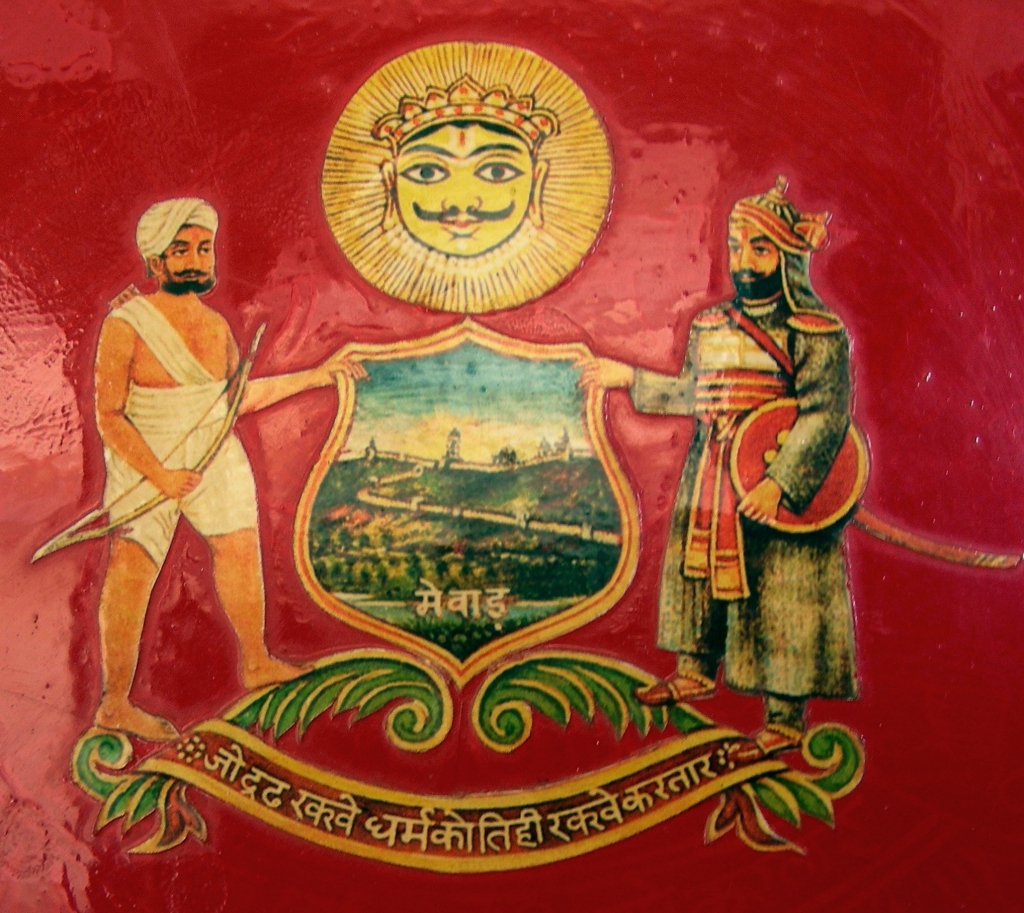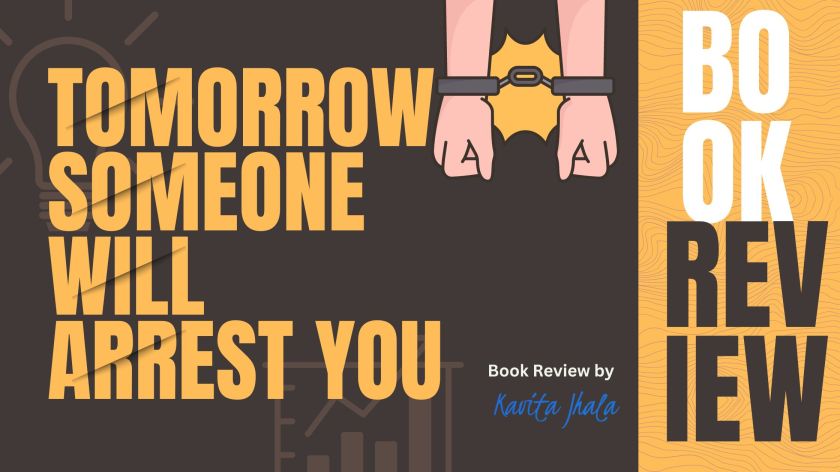“The illegality of cannabis is outrageous, an impediment to full utilization of a drug which helps produce the serenity and insight, sensitivity and fellowship so desperately needed in this increasingly mad and dangerous world.”
― Carl Sagan
Perhaps very few people would know the full benefits of what a cannabis, hemp, marijuana, brown sugar or perhaps more specifically bhang and ganja would do to a person. What better than to understand the implications of this from a person who has seen both the positive and negative aspects of its usage for 10 years.

Bhang Journeys: Stories, Histories, Trips and Travels is a book by Indian author Akshaya Bahibala , published by Speaking Tiger. It chronicles the author’s ten-year experience with bhang and ganja, from 1998 to 2008. The book also details the lives of people in Odisha whose lives are impacted by these substances.
The moment I picked up this book I really wondered what it would be. Would it interest me? How would a person who has never taken these drugs respond to the book? How would a person who actually has taken drugs also respond to the book?
It was only after completing the book that I could sum up my experience of reading it. When I started off reading how Akshaya spent those years on the Puri Beach, I thought it would be a very personal retelling of his life from addiction to de-addiction. I thought it would turn out to be a typical triumph over circumstances story, but then Akshaya did really surprise me!
The book just doesn’t chronicle Akshaya’s experience of addiction but also traverses through the jungles of Odissa, through the Government depots and the reasons of how livelihoods are getting dependent on this crop. I especially could imagine how Akshaya travelled and talked to people, police and purchasers of the drug in legal and non-legal ways.
Overall it was an insightful read connecting something that’s debatable in legal angle, scientific viewpoints, livelihood perspectives and the drain of the police force engaged in the war in between legalization and mafias.
Suggestion – To get more insight about the back history about the use of bhang (Cannabis), opium and how India got trapped into this drug also read “Smoke and Ashes: A Writer’s Journey Through Opium’s Hidden Histories” by Amitav Ghosh
About the Book:
‘A wild ride through the dreamworlds and shadow life of bhang and ganja in Odisha… Akshaya Bahibala is the Baudelaire of Indian literature.’—Chandrahas Choudhury
For ten years, from 1998 to 2008, Akshaya Bahibala was in the grip of bhang, of ganja—drinking it, smoking it, experiencing the highs and lows of an addict on Puri’s beaches with hippies, backpackers and drop-outs from France and Japan, Italy and Norway. Then he drew back from the edge and tried to make a life, working as a waiter, a salesman, a bookseller. He starts this journal-cum-travel book with startling, fragmented memories of his lost decade. From these, he moves to stories about people across Odisha whose lives revolve around ganja-bhang-opium. There is the owner of a government approved bhang shop who takes pride in selling the purest bhang available and insists it can make people as forgiving and non-violent as Jesus. The opium cutter who learned as a boy how to massage a lump of opium with mustard oil and carve it into little tablets. The girl who survived cholera by licking opium and became a lifelong addict. The goldsmith whose opium de-addiction card entitles him to 20 grams a month, but who wishes it were 25. The ganja farmer who came from Punjab in a helicopter. A young man, a victim of ganja and-bhang-fuelled paranoia, who believes Indian and American spies are out to get him. Excise department men who go to destroy ganja plantations and are beaten up by angry villagers. Interspersed with these stories are official data on opium produced, seized and destroyed; UN reports on the medicinal properties of cannabis; and a veteran’s recipes for bhang laddoos and sharbat.
Full of surprises, utterly distinctive, this entertaining, often trippy book of memories, journeys, facts and figures about the popular intoxicant is both a celebration and a warning.
About the Author:
Akshaya Bahibala is a bookseller, poet, publisher and library activist. He is the co-founder of Walking BookFairs, an independent bookstore and publishing house.
About the Book Reviewer:
Reviewed by Kavita Jhala, Founder of Kaffeinated Konversations – a Bibliophile, writer and artist. You can reach out to her on Facebook, Instagram and Linkedin. If you want your book to be reviewed, drop an email to kaffeinatedkonversations@gmail.com





















